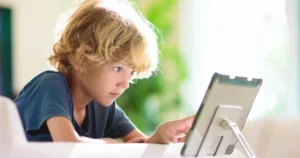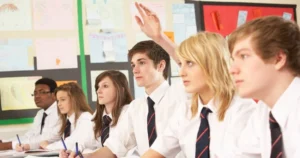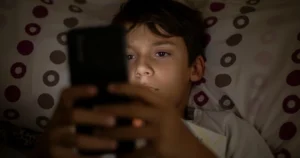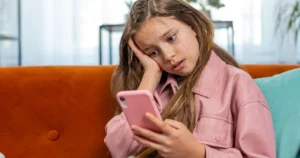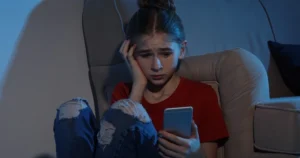Expert opinion

Read expert advice and find practical guidance to empower and support children in creating safer, more positive online experiences.

Latest articles & expert guidance
If you are concerned about a particular issue or online safety concern, you’ll find reliable and practical advice from our range of experts to support children’s digital lives.
Explore news & opinions hub
Navigate our hub to find articles and insights from parents and professionals to support children online.
Meet our expert panel
Our experts offer advice, information and guidance on a range of online safety issues. Learn more about their expertise.
Have you talked to your child about AI?
Watch and Learn
See our latest videos featuring tips and advice on online issues children and young people are experiencing to offer support.
 Close video
Close video
 Close video
Close video
 Close video
Close video
Research insights
Learn more about how our Children’s Wellbeing in a Digital World Index can help improve children’s online experiences.
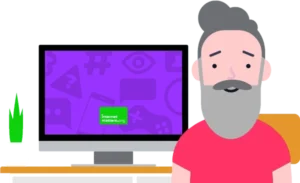
Our digital wellbeing research programme
The Digital Wellbeing Research programme tracks children's online experiences to help families, educators, industry, and government make effective and supportive changes.
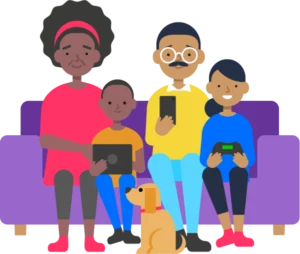
Get personalised advice and ongoing support
The first step to ensure your child’s online safety is getting the right guidance. We’ve made it easy with our ‘My Family’s Digital Toolkit.’
